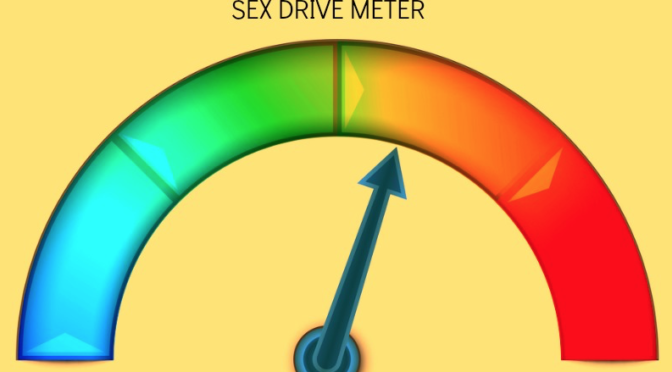Today I am going to write about sex and desire and how it pertains to relationships, control, and self-esteem. Let me start by clarifying my definition of sex. To me, sex is:
- Any act of pleasure that is sexual in nature, where orgasm may or may not be the end result.
- Any act of pleasure occurring between one or more people of any or multiple genders.
- Something that can occur without physically touching another but can include a fucking of the mind.
- A shared erotic experience of any kind.
I realize that my definition of sex is nothing like the boring heteronormative version of penis entering vagina, but really, would you expect any less from someone who is as passionate about the fluidity of gender and pleasure as I am? Didn’t think so.
That being said, let’s get back to the topic at hand: Sex & Desire.
While I want to acknowledge that the dynamics I’m about to illustrate can happen between all types of relationships (polyamorous relationships, friendships, familial relationships, etc.), for the purpose of simplicity I’m going to use a romantic relationship between two people.
In every relationship there will be someone with a higher desire for sex (or anything else for that matter) and someone with a lower desire for sex. In some of my relationships I’ve been the lower desire partner (LDP), and in some of my relationships I’ve been the higher desire partner (HDP). Either way, without awareness of the dynamic, issues can arise that lead to disconnection, resentment, and lack of sex all together, as opposed to connection, sex, and intimacy.
To start, it’s important to note that the LDP sets the pace for sex in the relationship. Why? Well, they have control because – as respectful partners – it would be rape if we made someone have sex when they didn’t want to. We cannot force out significant others (SO’s) to give us anything if their desire is less than ours.
Some problems that arise for the HDP are this:
- Often times the HDP attaches his/her self-esteem to their SO’s lack of desire or desire for less frequent sex. Example: “My SO must not desire me, therefore I am undesirable sexually as a whole.”)
- The HDP interprets the lack of frequency as a scarcity issue, when in reality there is no scarcity of sex but only a lack of frequency.
- The HDP interprets the lack of sex as a lack of love.
- The HDP builds resentment and ends up communicating needs in a passive aggressive or confrontational and shaming way, instead of supporting his/her SO with where they are on the desire spectrum.
- If the HDP is a woman she might feel ashamed or “slutty,” because of what patriarchy has taught us about which gender should be allowed to have the higher sex drive. (Which is a crock of bullshit and “fuck patriarchy”—but I digress).
Some problems that can arise for the LDP are this:
- The LDP can feel guilty or inadequate for having a different desire level than his/her SO.
- The LDP can have sex out of obligation or duty.
- The LDP can resent his/her partner for having a higher desire.
- The LDP can feel wanted only for sex.
- If the LDP is a man, he can feel like “less of a man” for not being the one with the higher sex drive (again, fuck patriarchy).
In the next post, I’ll discuss possible workarounds and a deeper understanding about how we can either complicate or manage situations in which we are either the HDP or LDP.
I know, I know, I’ve illustrated a nice little mess and now I leave you with no solution. I’m such a sadist…
